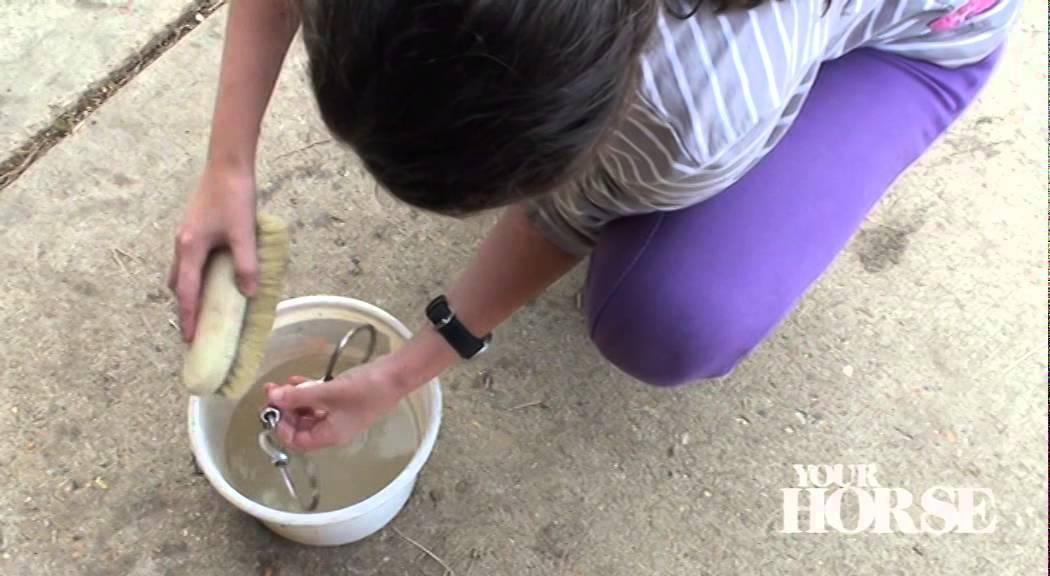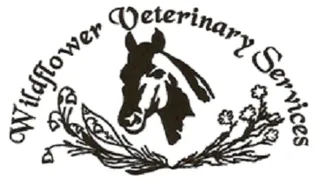
Whether at home or on the road, horses can be inadvertently exposed to contagious respiratory viruses and bacterial infections. Following are some steps to take to minimize your horse's risk and what to do if there is an outbreak.
Safety When Traveling
- Do not use common water buckets or feed areas at shows or event grounds.
- Do not share twitches, lip chains, halters, or other items that may touch a horse's eyes, nose or mouth.
- Keep daily temperature logs for your horses, if they show signs of malaise or inappetence.
- Isolate any sick animals immediately when signs are recognized.
- If you are traveling out of state, contact your veterinarian to update vaccinations and Coggins test, obtain CVI (Certified Veterinary Inspection) health papers and how to obtain a current Brands Inspection,
At Home Precautions
- Be sure that horses entering your facility have up-to-date vaccinations as required and that they are free from communicable diseases.
- Isolate incoming horses for at least 2 — 3 weeks before allowing them exposure to horses currently on the grounds.
- Do not share water or feed buckets among horses.
- When filling their water, the tip of the hose should never be dunked into the water as that will contaminate the end of the hose.
- Assign a set of grooming tools to each horse in your facility and clean them regularly
- Remove all manure and waste products to an appropriate location away from the barn.
- Take steps to limit horses' exposure to pest disease vectors — such as flies.
- Consult with your veterinarian about ongoing wellness care for your horses, including regular physical and dental examinations and a recommended deworming program.
Handling Sick Horses
- Immediately isolate sick horses away from the rest of the herd and limit personnel access to the horse.
- Follow disinfection techniques with all equipment that comes in contact with sick horses (see disinfection section).
- When filling their water, the tip of the hose should never be dunked into the water as that will contaminate the end of the hose.
- Utilize a foot bath outside the stall or pasture of the infected horses so that everyone can dip their shoes prior to walking anywhere else on the property.
- Hand sanitizer should be used by any and all people who have touched sick horses before healthy horses are touched.
- Ideally different clothes would also be worn when going near the infected horses before entering the rest of the property.
- The infected horse should be fed and stall cleaned last.
- Carefully read and follow directions on the labels of any disinfectants or sanitizers used.
- Carefully sanitize all stalls, buckets, flooring and other equipment when a sick horse leaves the facility.
- Consult with your veterinarian about needed health care or vaccination protocols.
Disinfection
- Remove all excess debris or dirt from items to be disinfected
- Wash the item first with a detergent such as laundry or dish soap.
- Follow this washing by dipping the item in a disinfectant.
- For disinfection, you may use commercially available brands such as Roccal-D Plus. In the short-term, bleach solution (2 Tablespoons per gallon of water) can be used however it becomes inactivated quickly with dirt/organic material in it so it would need to be replaced daily. Also, your foot bath will last longer if you have a way to scrub off dirt and debris prior to dipping feet in the bath. Lysol spray can also be used on boots after all dirt/debris has been removed.
- Be sure to follow label instructions
- Disinfection can be completed on items such as nylon halters, bits, lip chains, grooming equipment, shovels, pitchforks and even shoes.
- Be sure to rinse the disinfectant off completely. Use clean water at least 2 — 3 times before you use the item to be certain the excess disinfectant is removed.
(Thank you to Tacoma Equine Hospital for publishing the original document)
